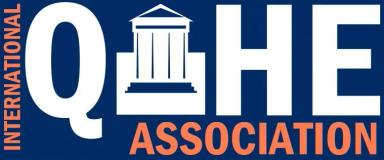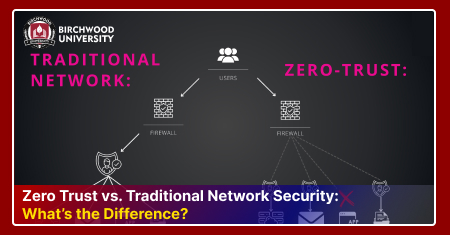Welcome to Birchwood University
Explore Your Potential & Transform the workspace of the future

About The University
Welcome to Birchwood University!
Your educational journey begins here at Birchwood University, where you will receive the quality education needed for the fast-paced changing world.
- Birchwood University helps you to develop the skills and knowledge necessary to transform the workforce.
- Our fully accelerated online degree programs offer flexibility to earn your degree while working.
- Our dedicated faculty and staff will focus on your success so that you can achieve your full potential.
Get Supportinfo@birchwoodu.org
Management Programs
Explore our business management programs that prepare you for leadership roles in the global marketplace.
Technology Programs
Dive into our Master of Science programs to enhance your skills and career in technology.
Why Choose Us ?
Why Choose Birchwood University?
We want to transform the workspace of the future.
Our Latest
Upcoming Events
Acquire the latest update with innovative occurrences and figure out the supreme part of our current activities.
No Upcoming Events.




















